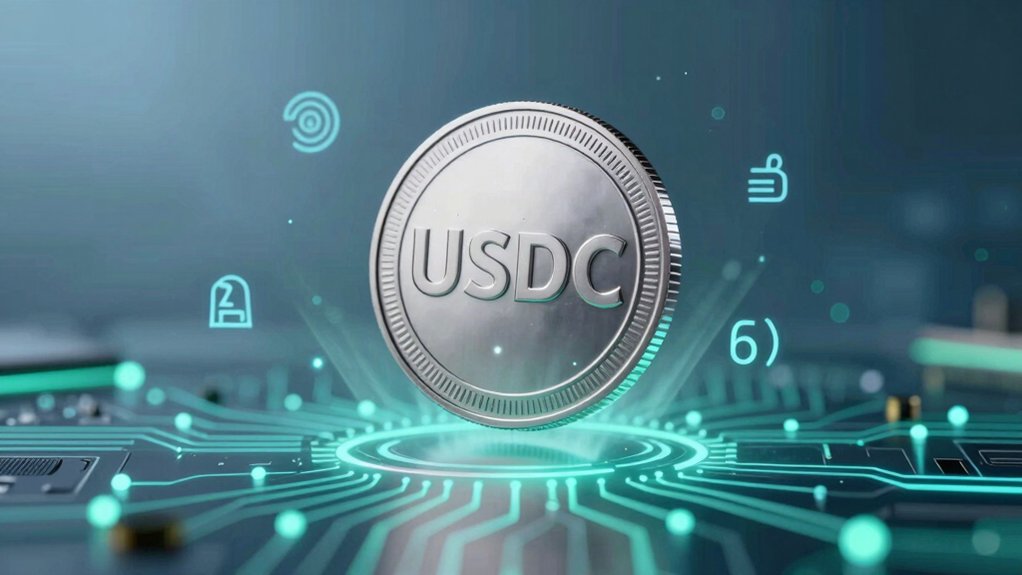How far will the crypto world go to dodge accountability, and at what cost to global financial stability? As governments tighten the noose on stablecoins, with regulations mirroring traditional banking oversight, a shadowy alternative emerges—”dark stablecoins,” privacy-obsessed, censorship-resistant tokens designed to evade the long arm of the state. These digital assets, often algorithmic and untethered from collateral, prioritize decentralization over transparency, mocking the very notion of regulatory control. Issued from jurisdictions that turn a blind eye to financial scrutiny, they promise freedom—but at what peril? Traditional stablecoins maintain stability within a minuscule 0.05% range of their pegs, offering a stark contrast to these risky alternatives.
Make no mistake, the motivations are clear, if not infuriating. With fears of regulated stablecoins morphing into de facto banks—complete with frozen wallets and automated tax grabs—users, especially those juggling massive cross-border deals, crave untraceable alternatives. They yearn for the borderless, permissionless ethos crypto once swore by, yet conveniently ignore the Pandora’s box this opens. Illicit dealings, money laundering, sanctions evasion—name the vice, and dark stablecoins could enable it, laughing in the face of anti-money laundering and counter-terrorism financing efforts. And let’s not forget the algorithmic disasters, like TerraUSD’s spectacular implosion, proving these experiments often end in death spirals, wiping out billions. Privacy tools like Monero and mixers such as Tornado Cash further embolden this trend, offering ways to obscure transaction trails.
Governments, scrambling with frameworks like the EU’s MiCA, seem perpetually behind, their rules inadequate for border-hopping tokens. Meanwhile, opacity reigns—think Tether’s reserve scandals, where attestations are more fiction than fact. Operational risks, from cyberattacks to outright fraud, loom large with unregulated issuers. Dark stablecoins, emerging from regions with lax oversight, only amplify these dangers with minimal accountability. So, crypto enthusiasts, care to explain why financial privacy trumps global security? Or are we just awaiting the next collapse, shrugging as markets burn? The clock ticks, and accountability isn’t just overdue—it’s non-negotiable. Dodge if you dare, but the fallout won’t spare anyone.









